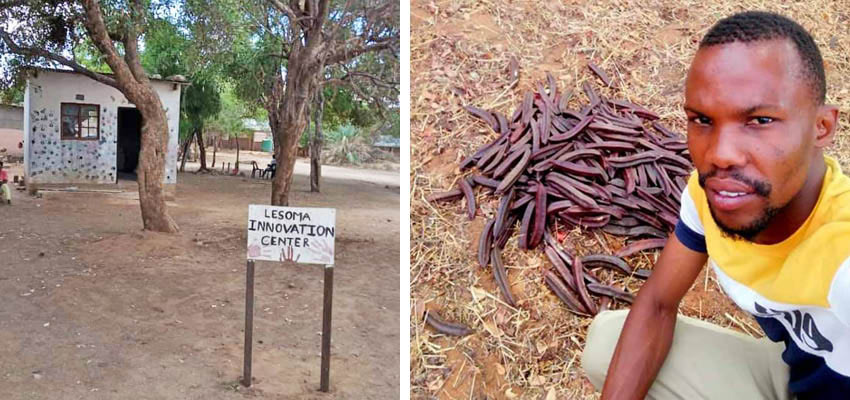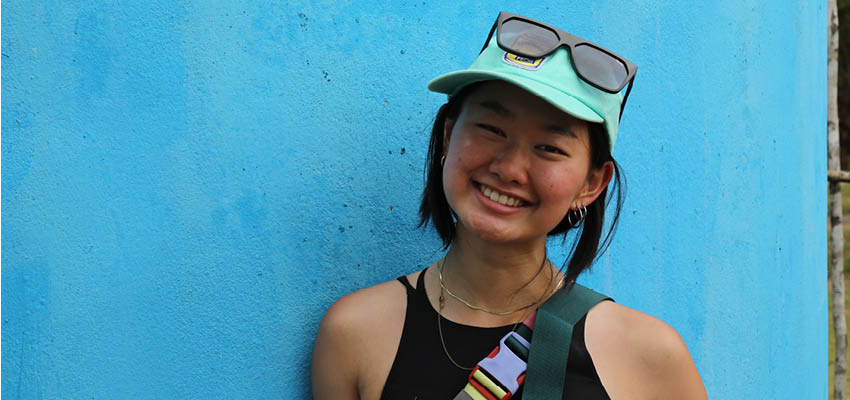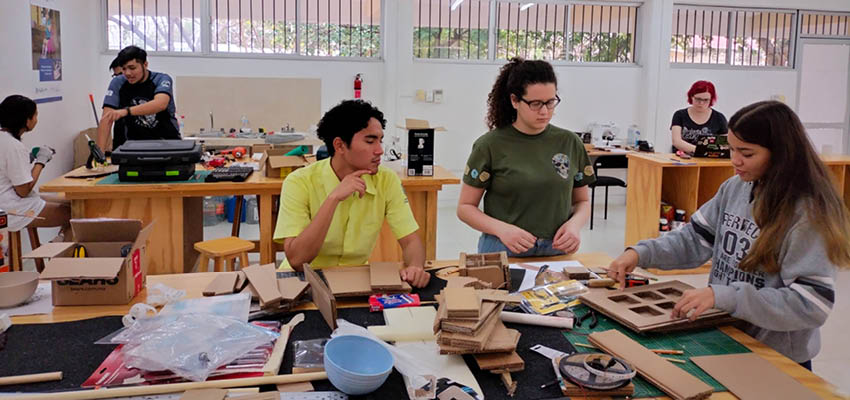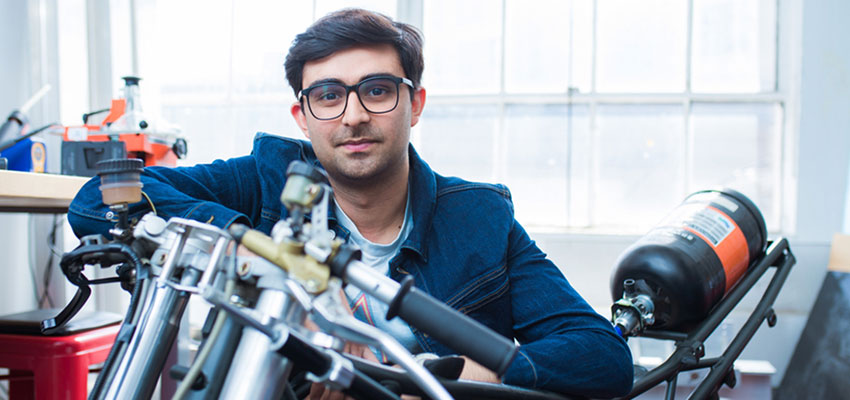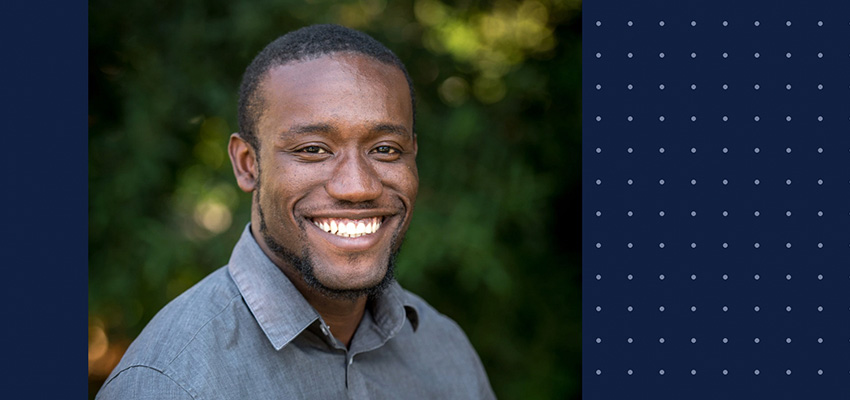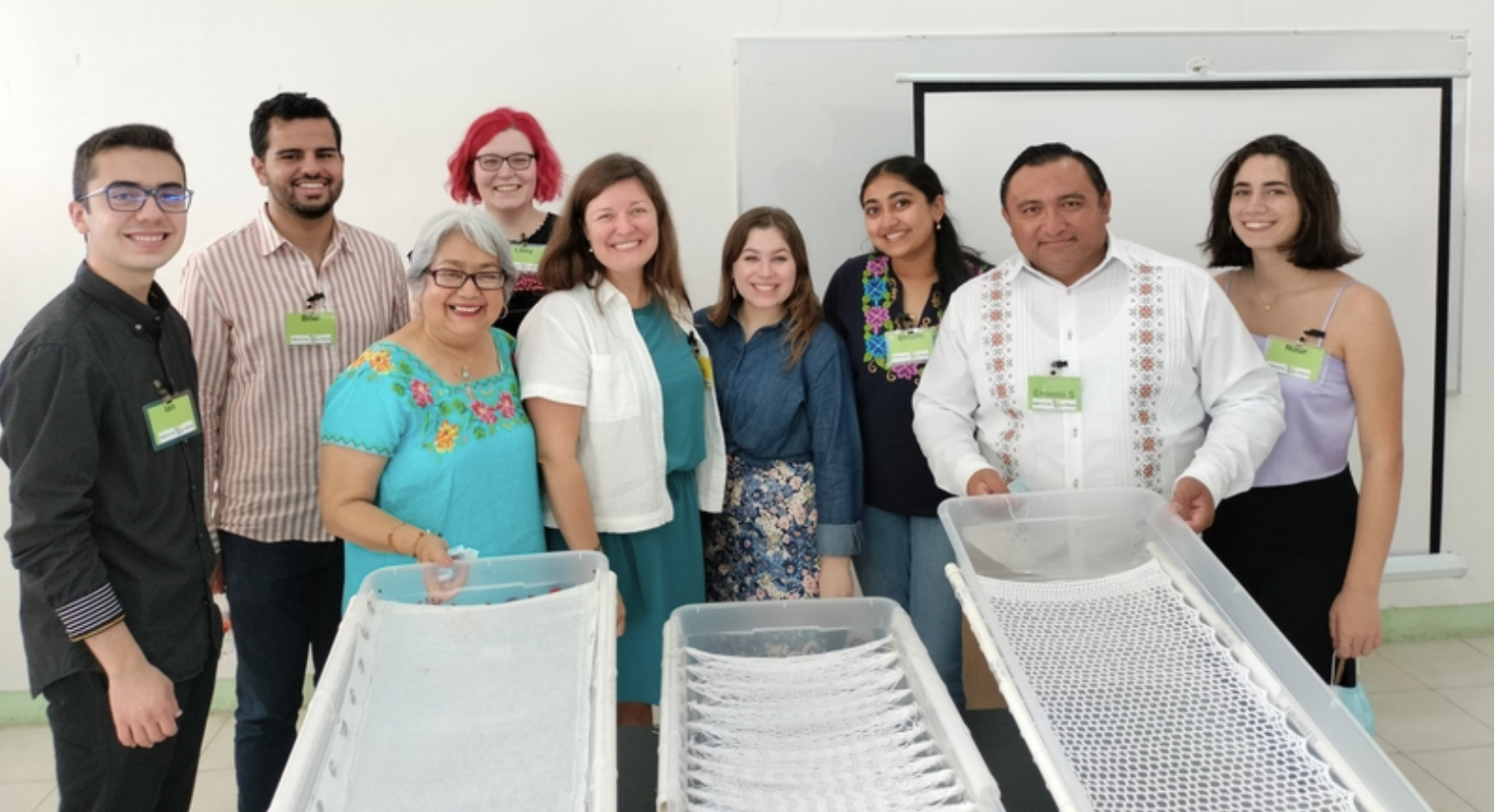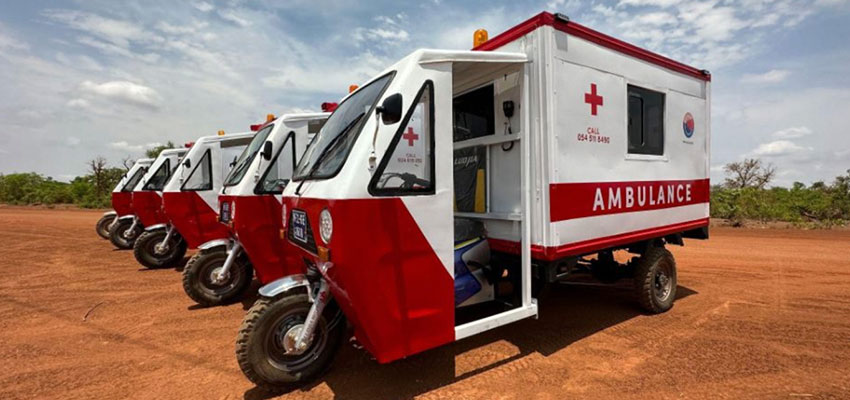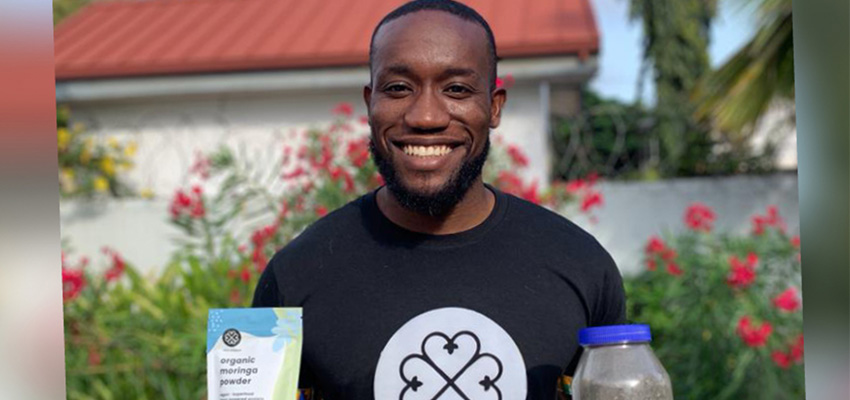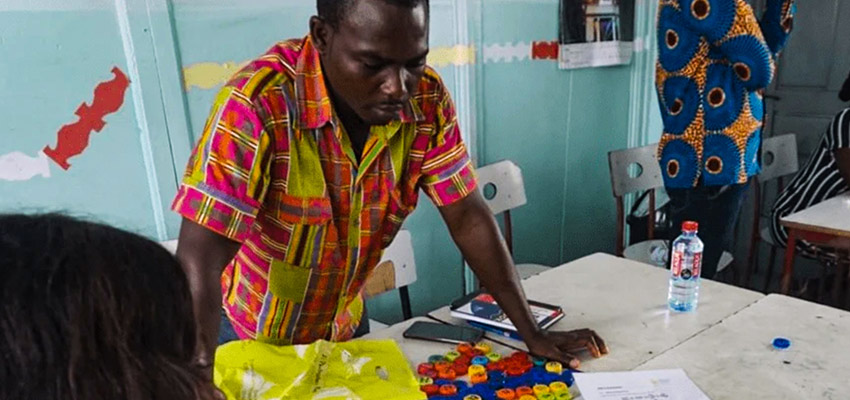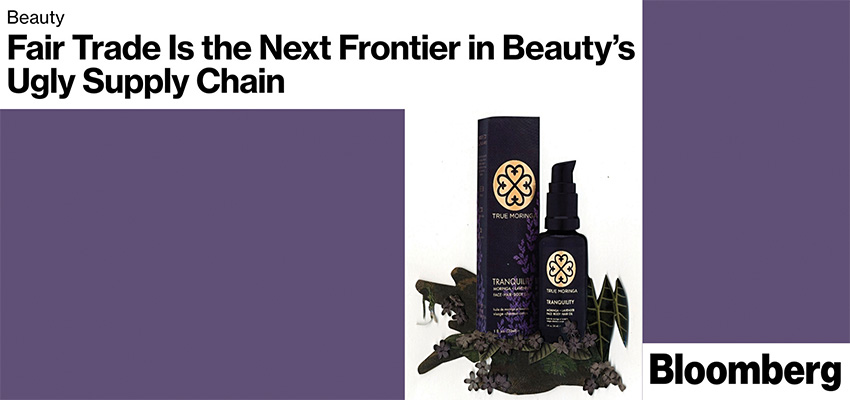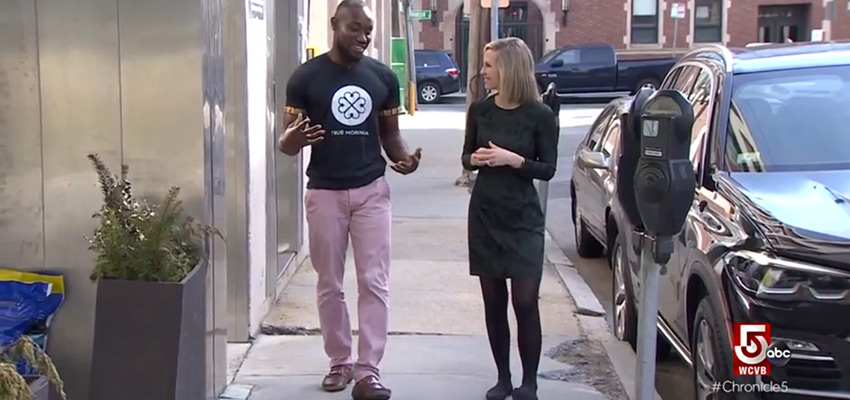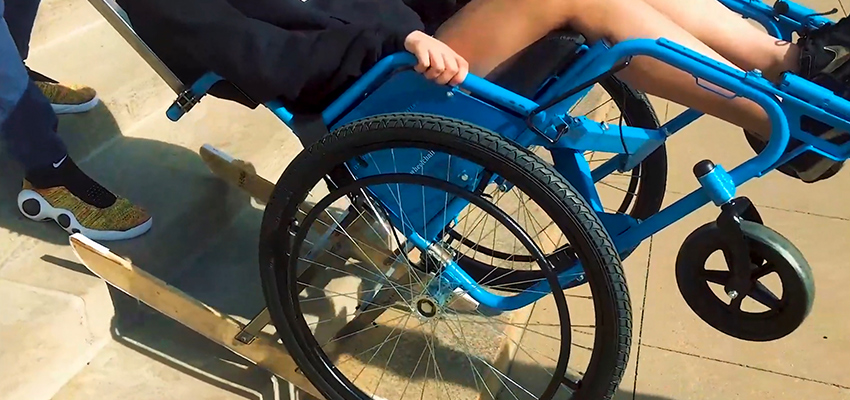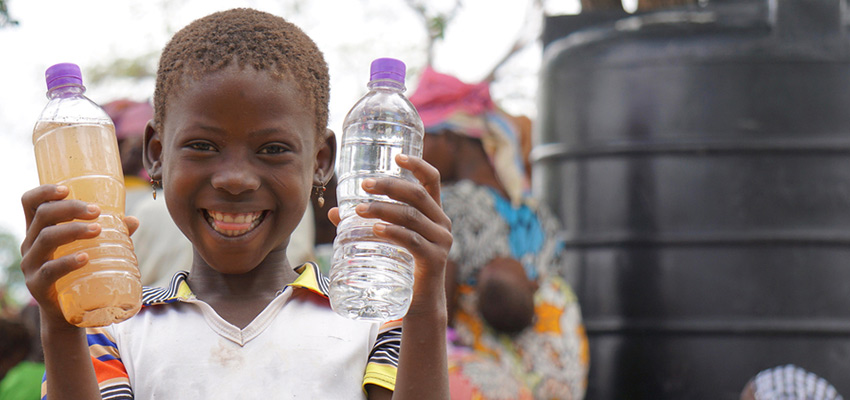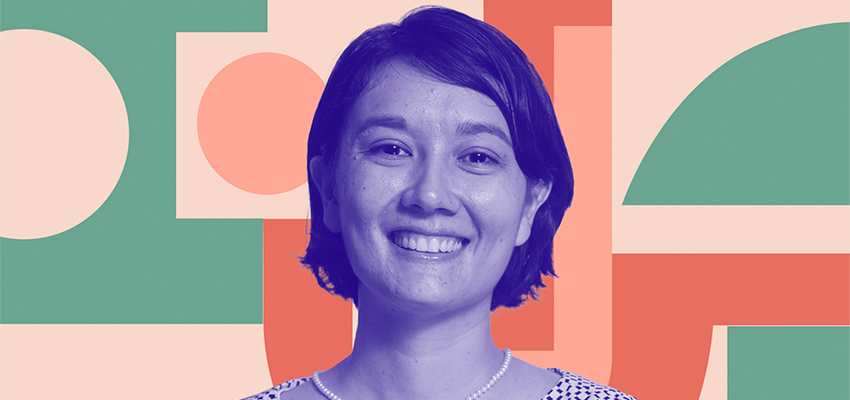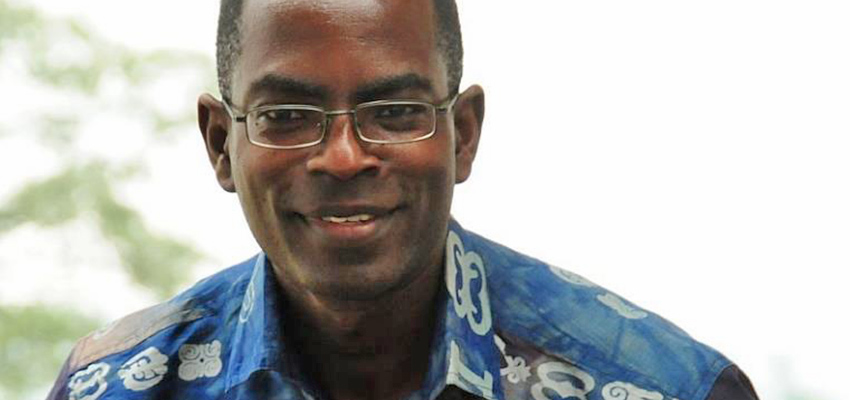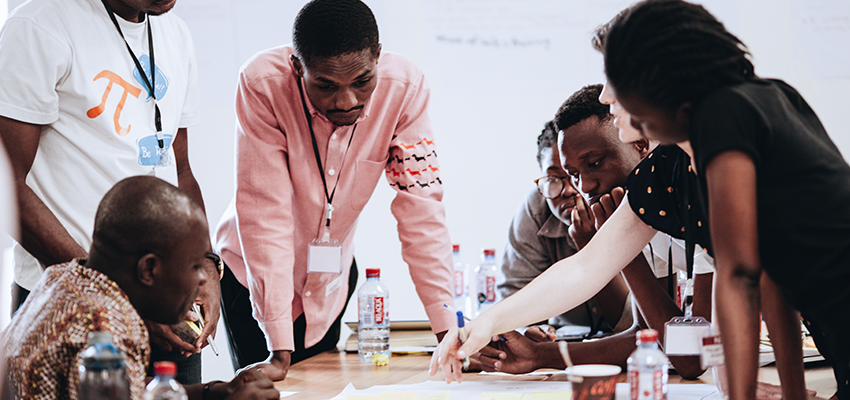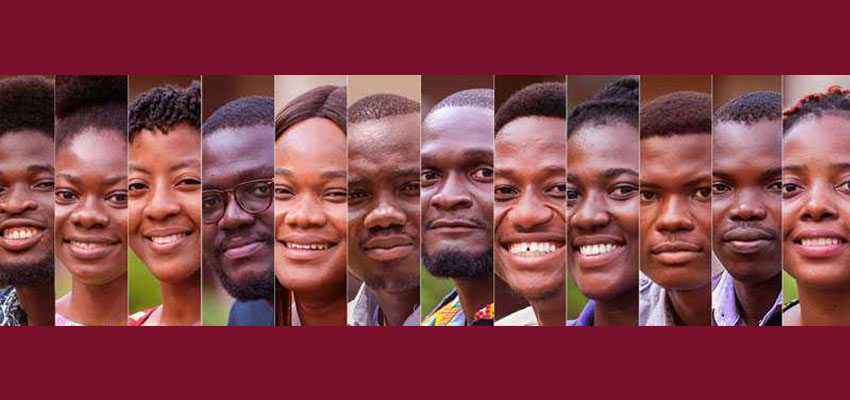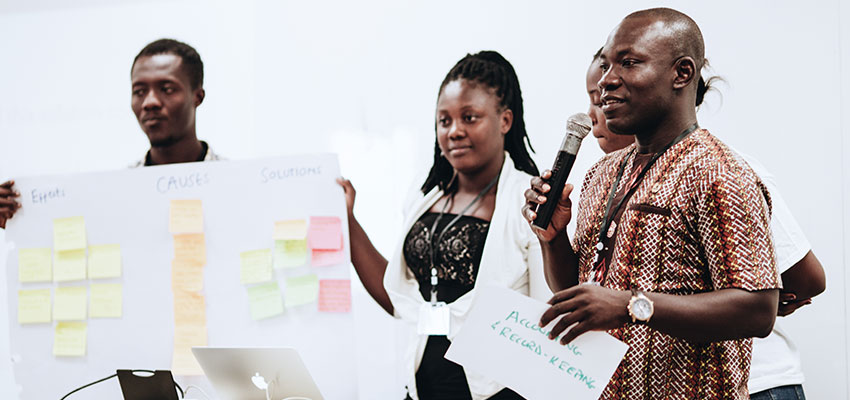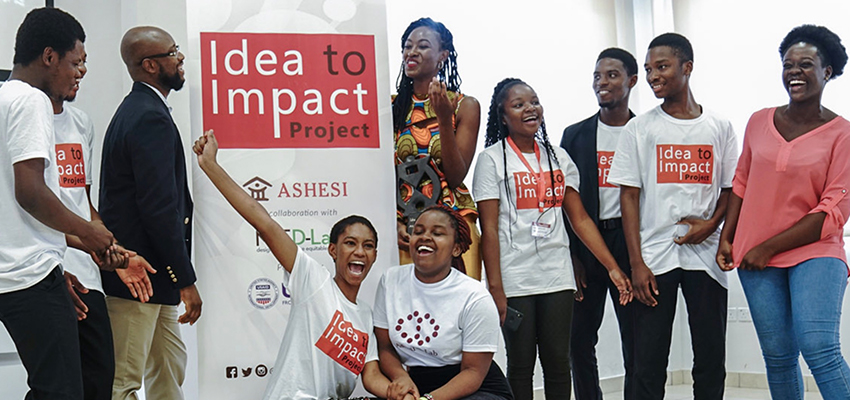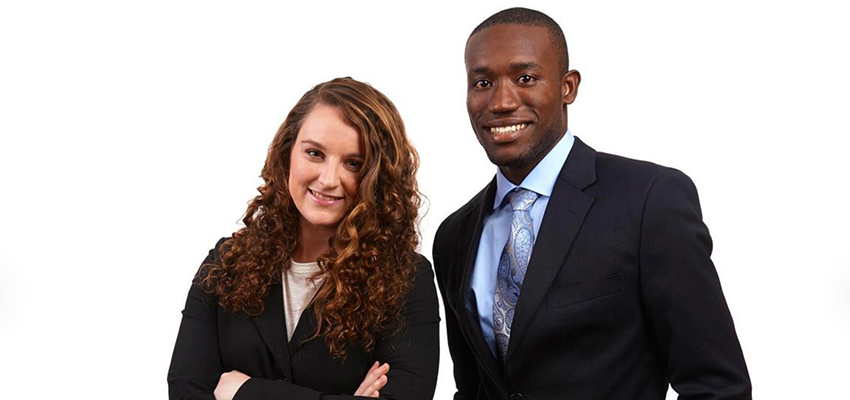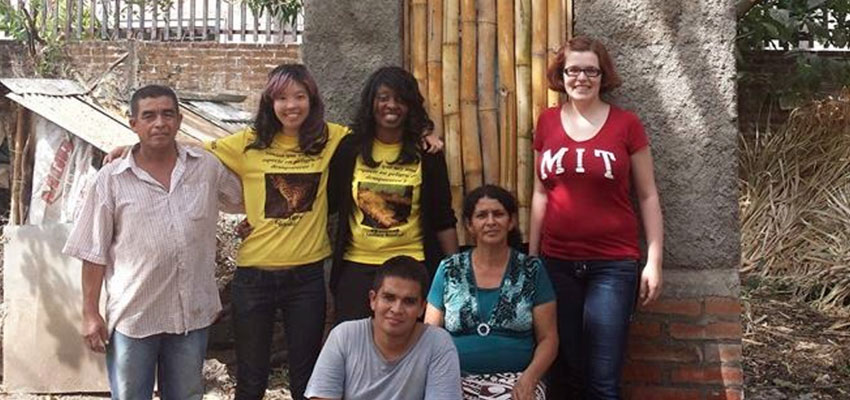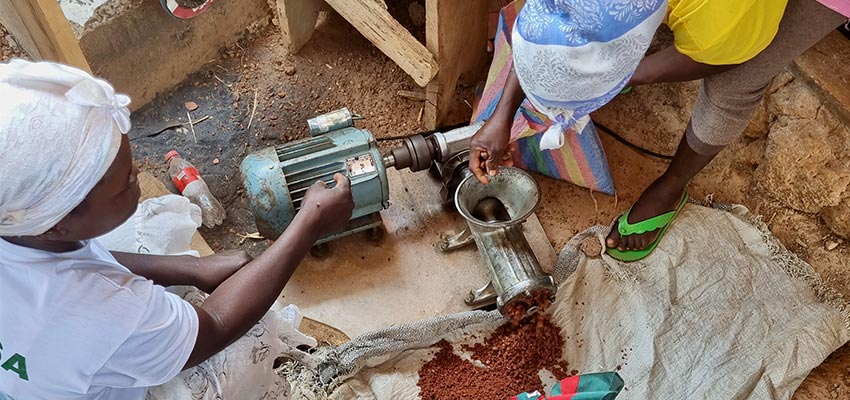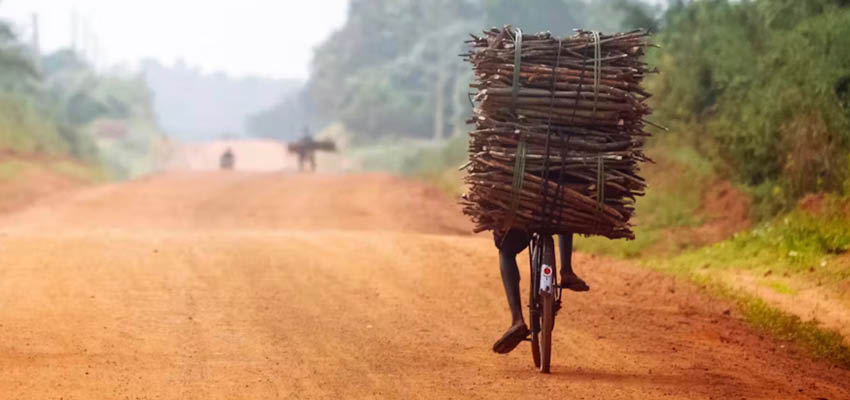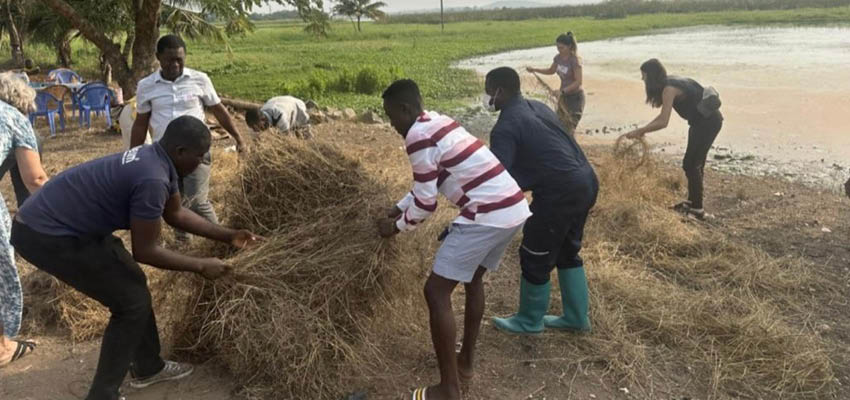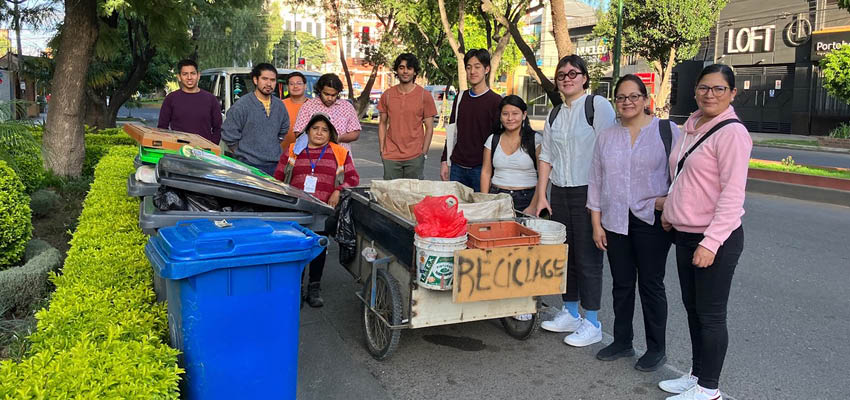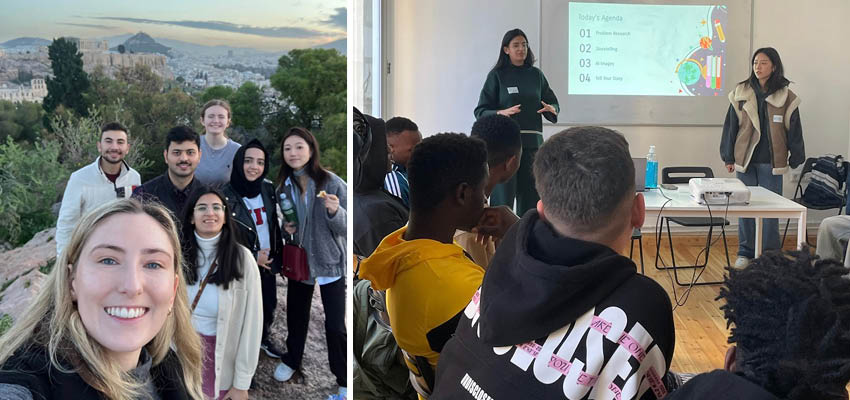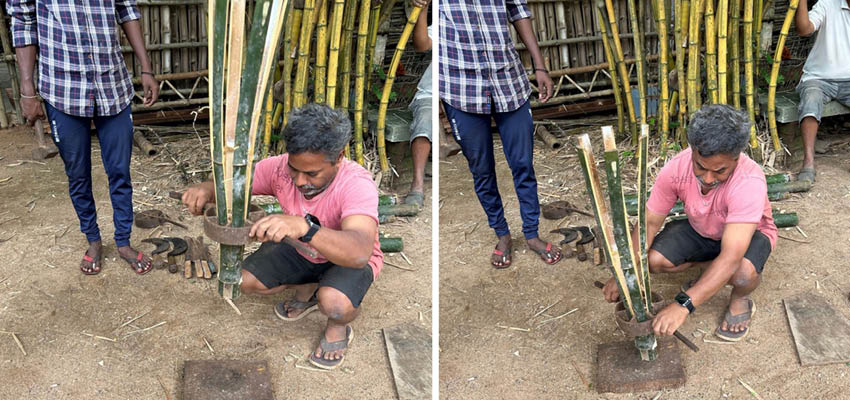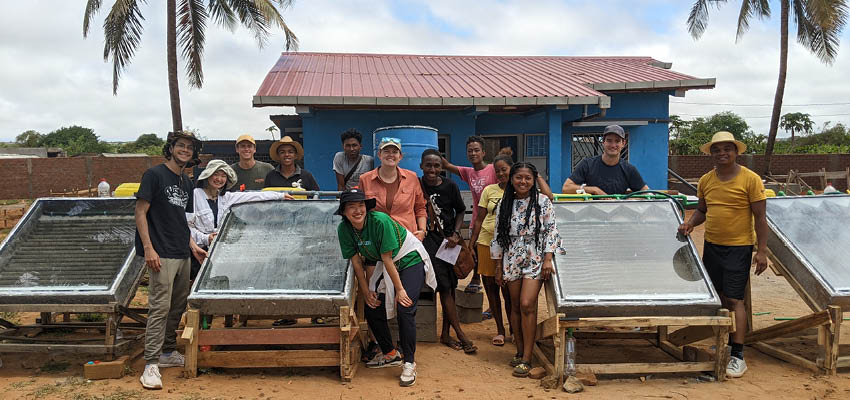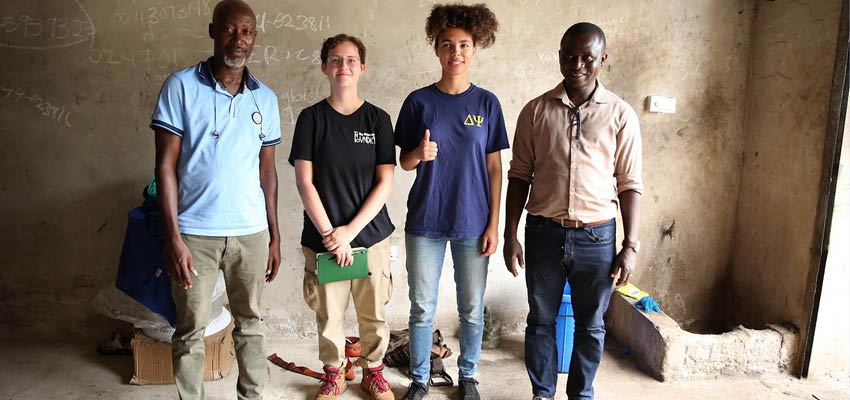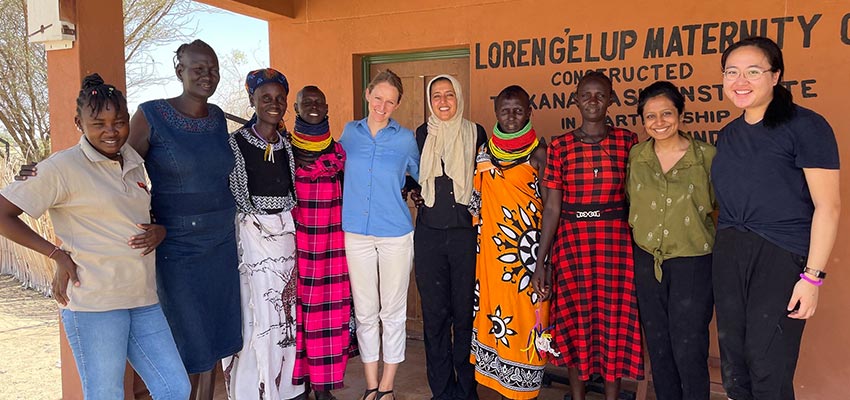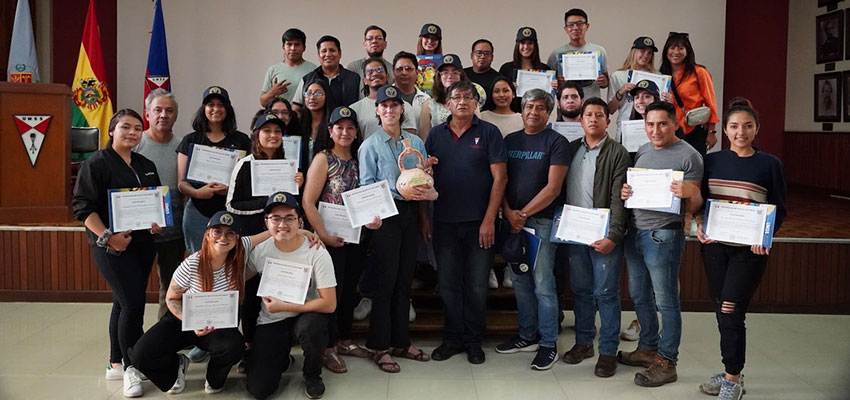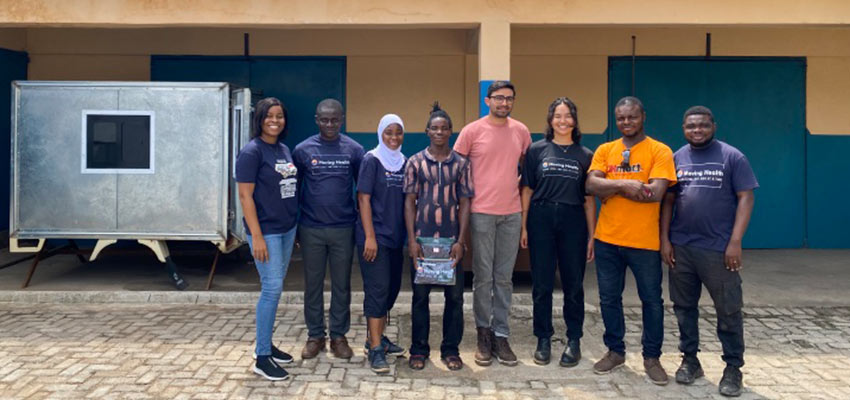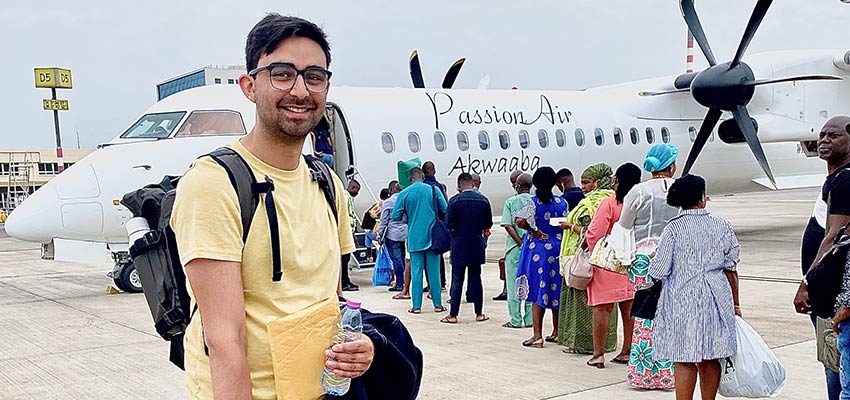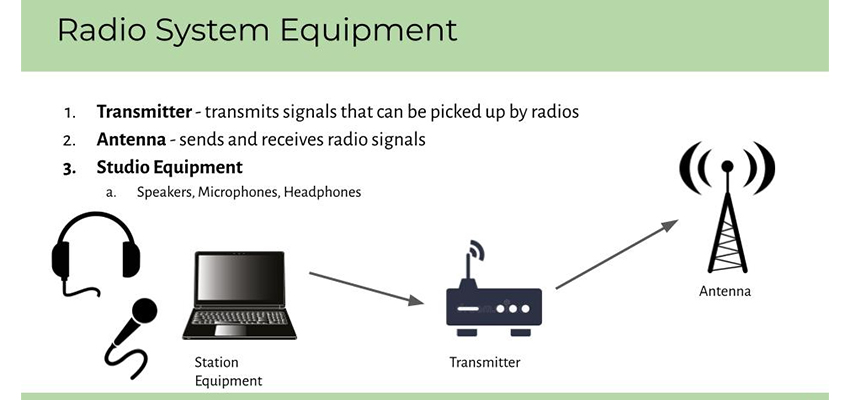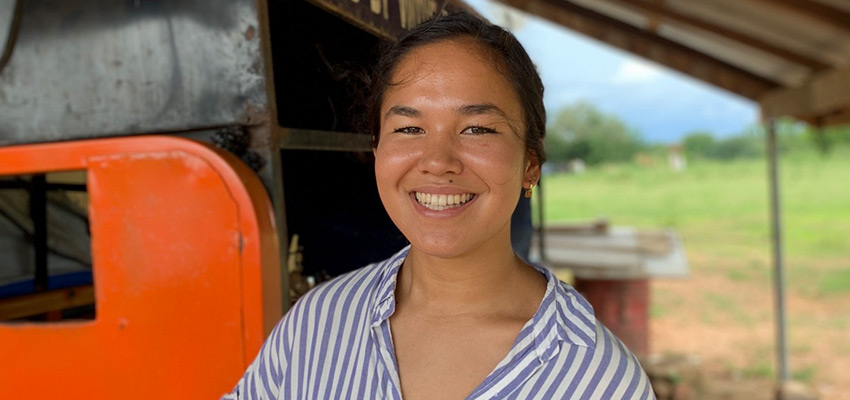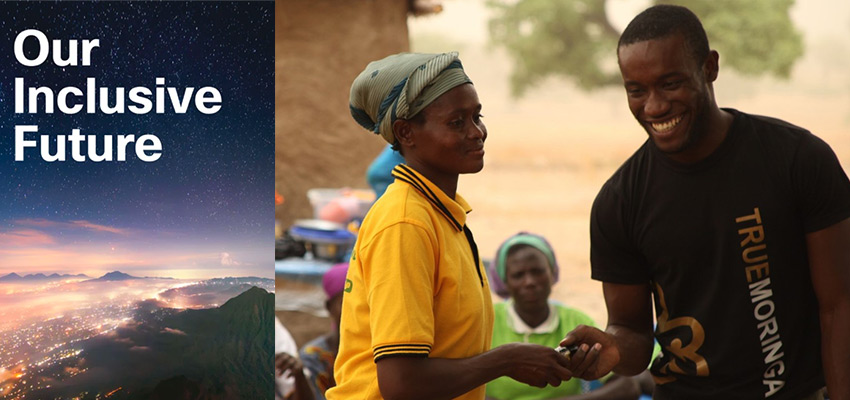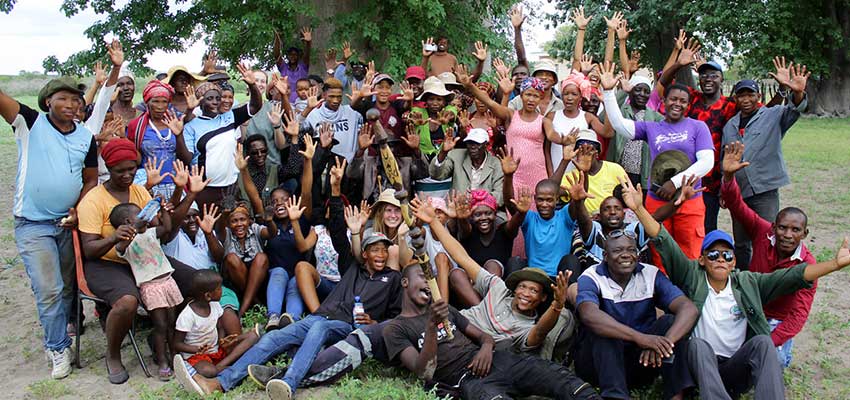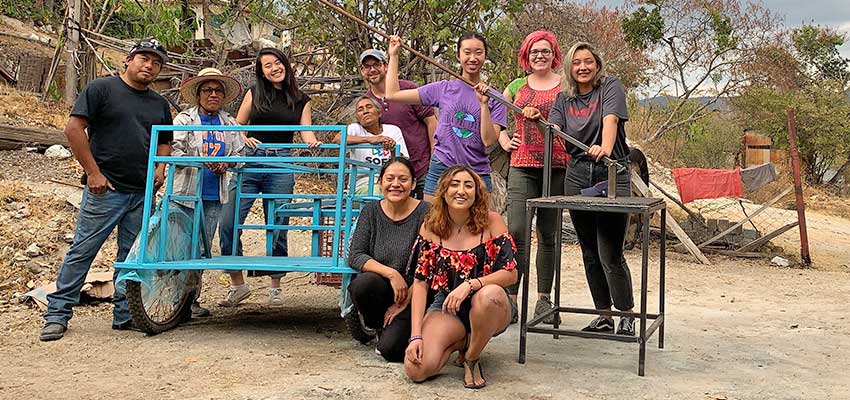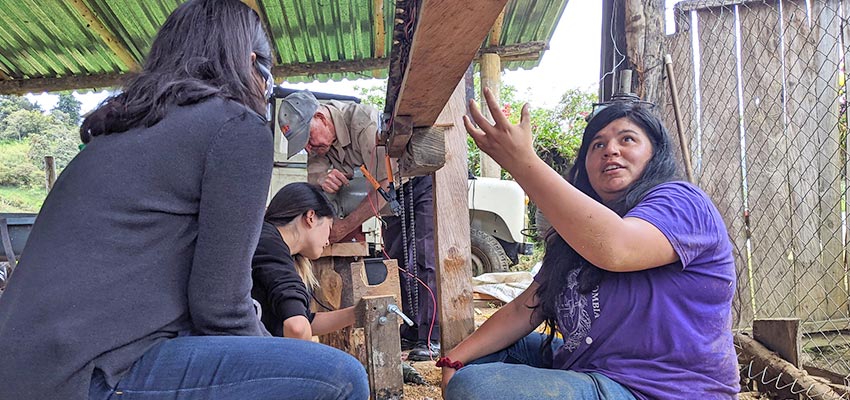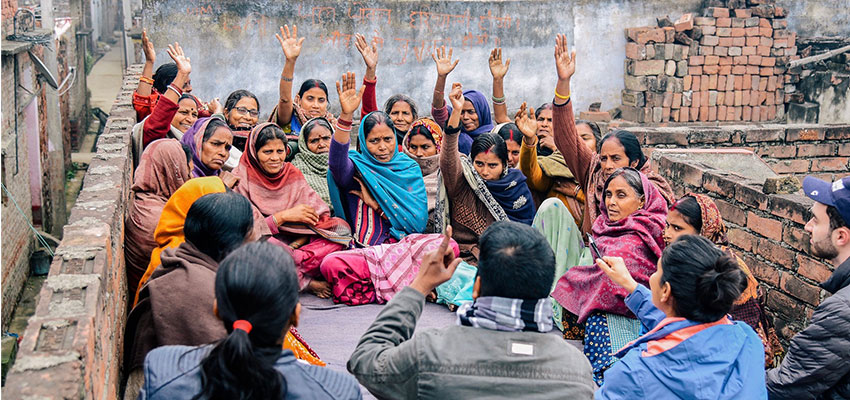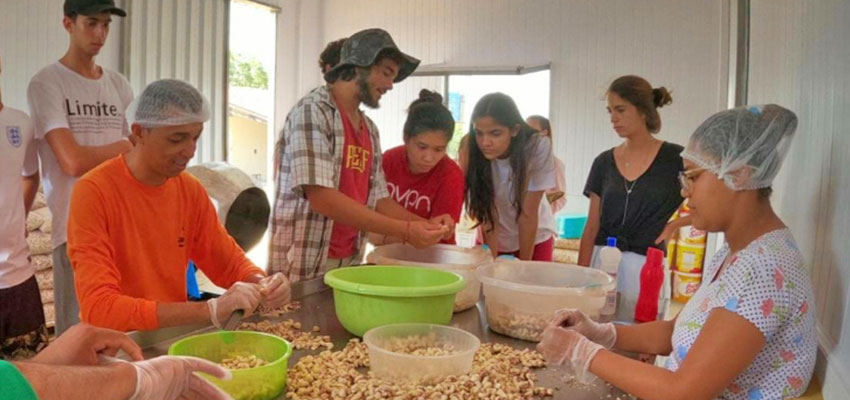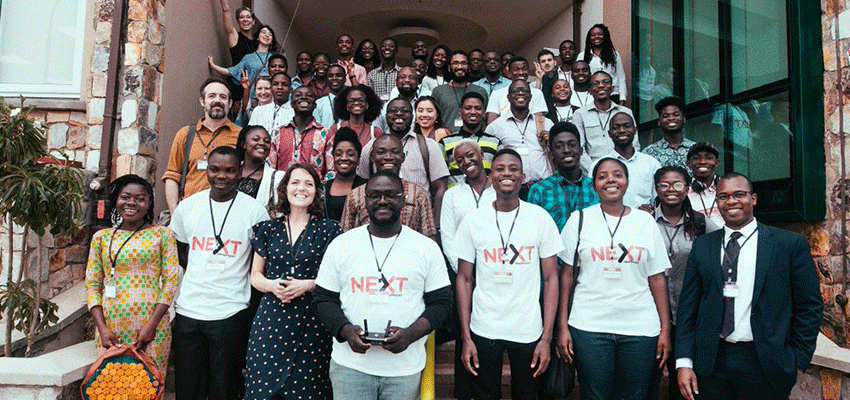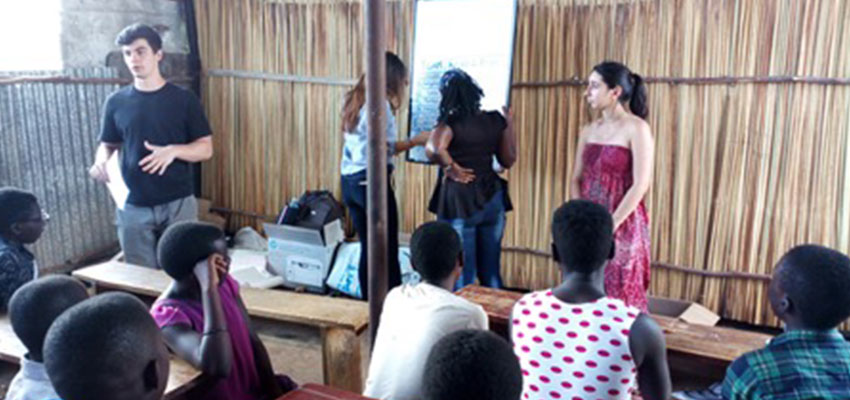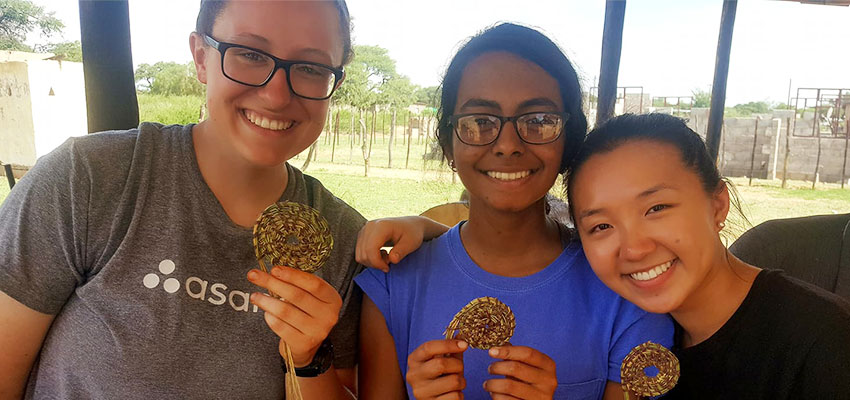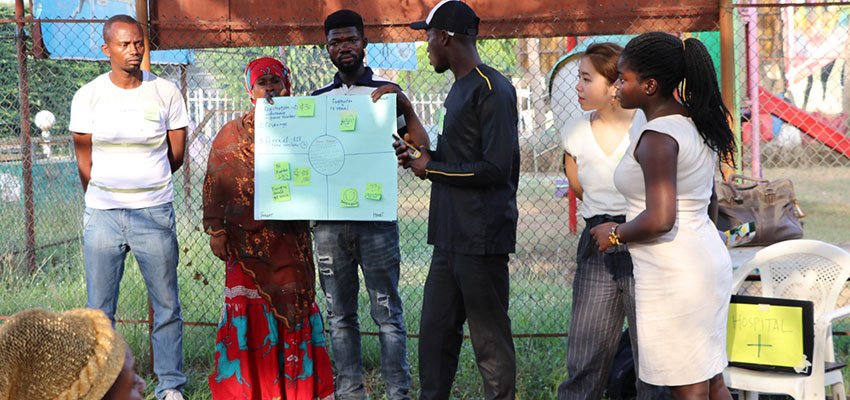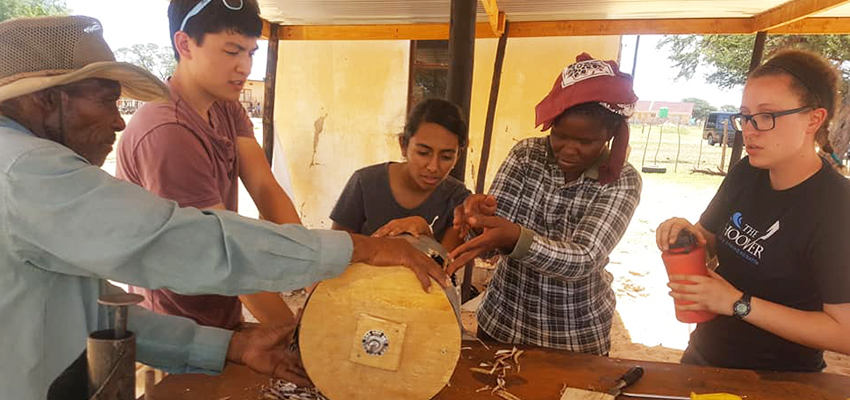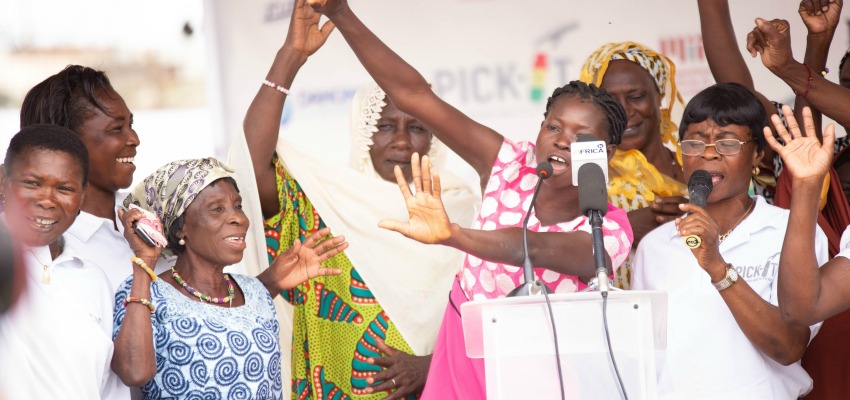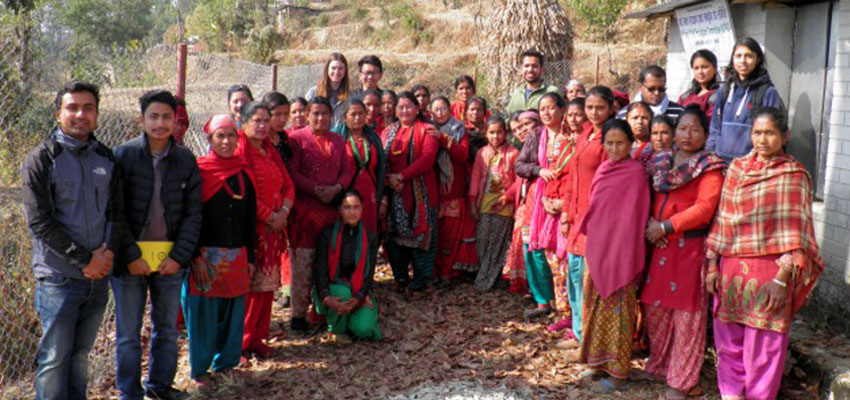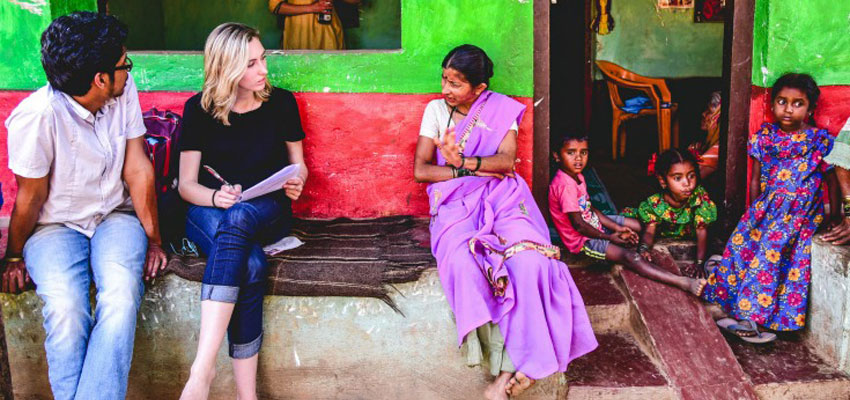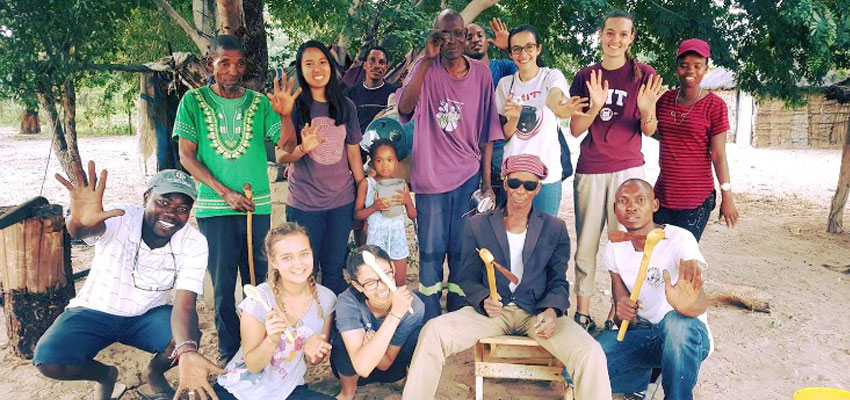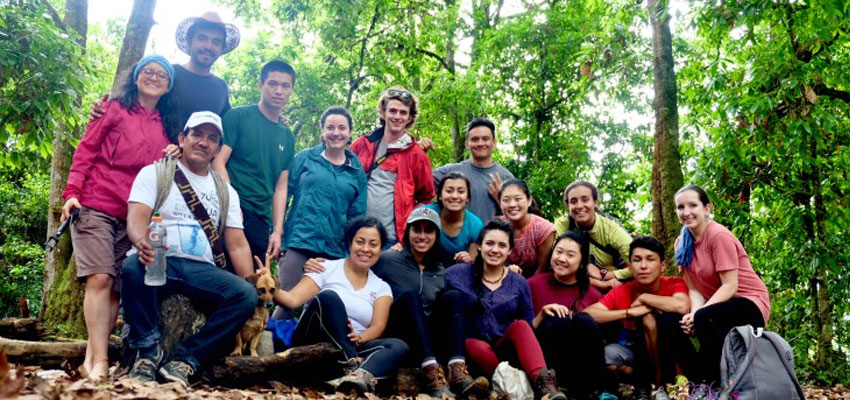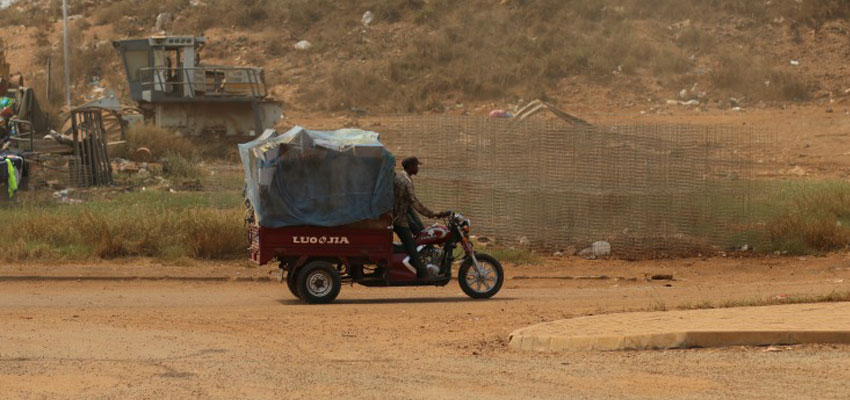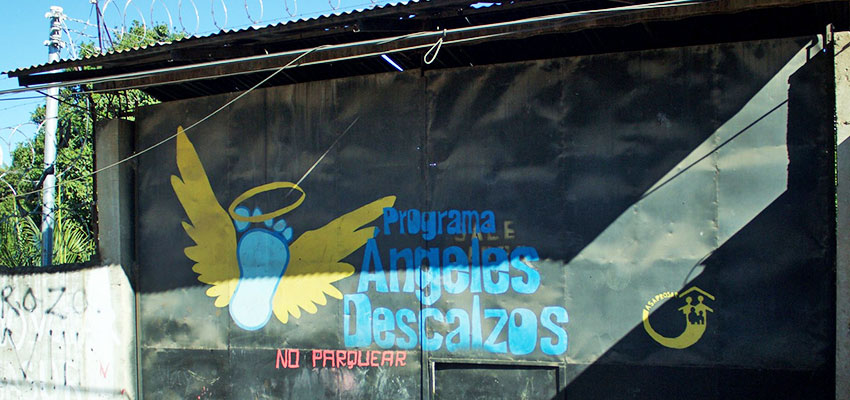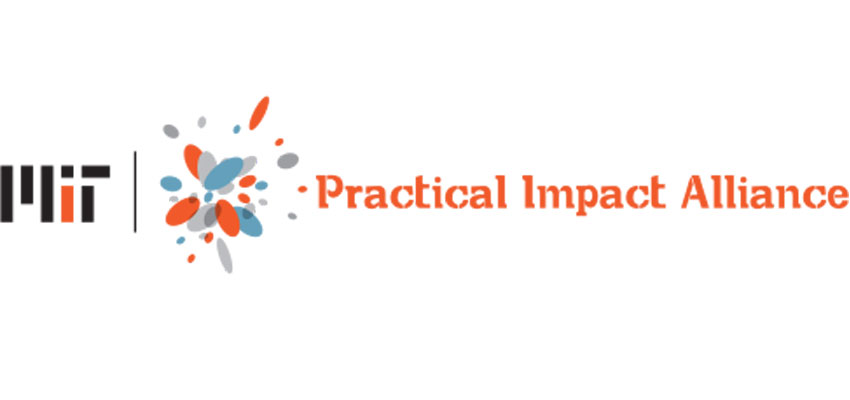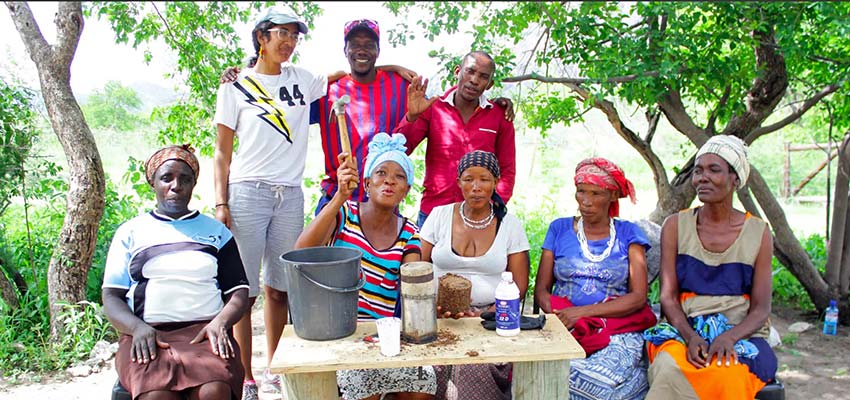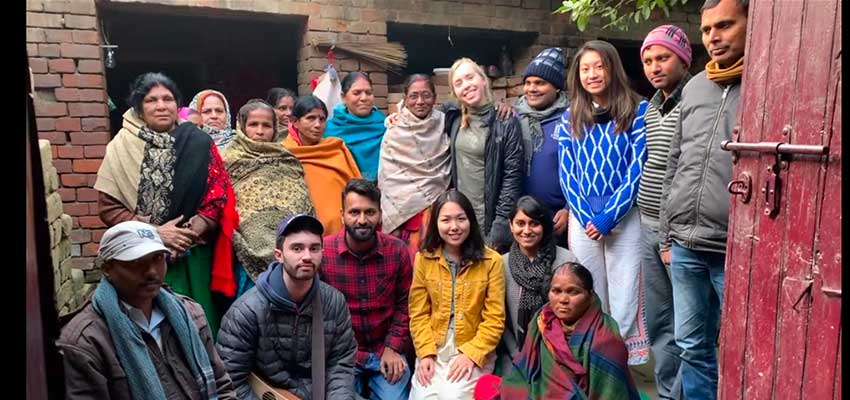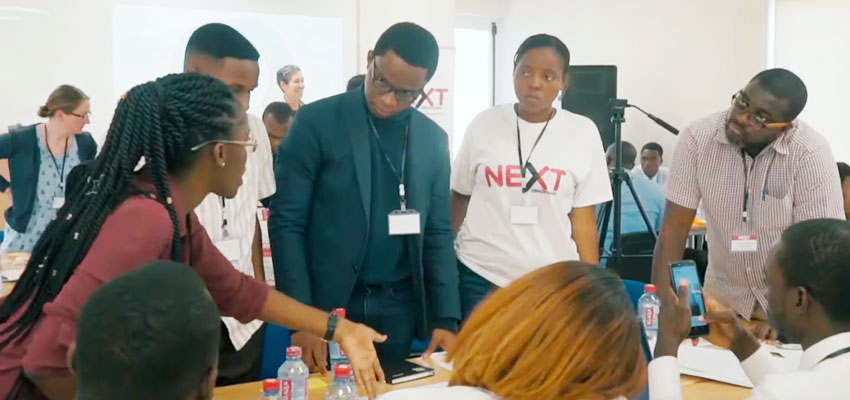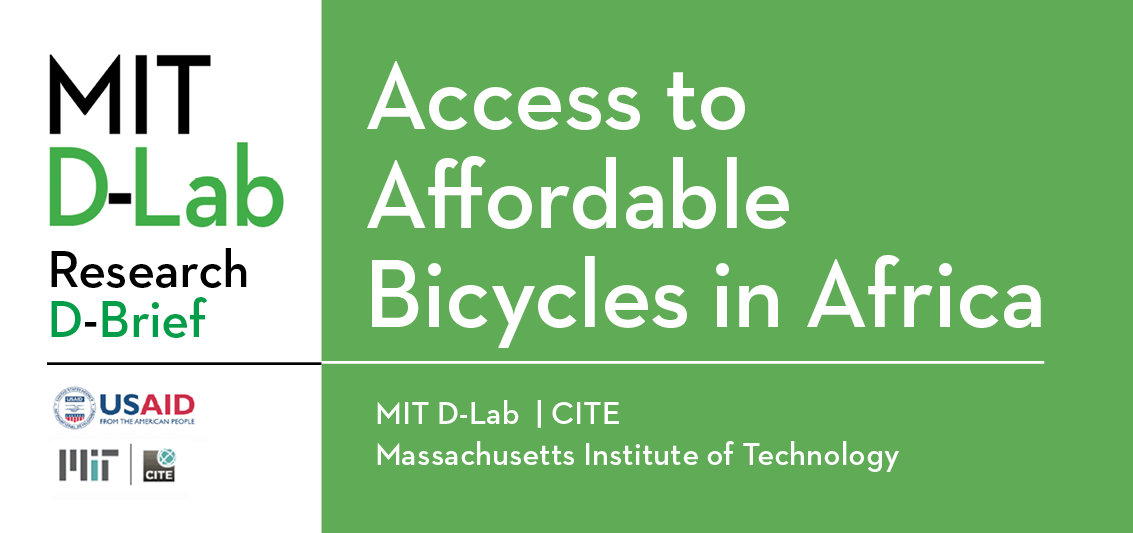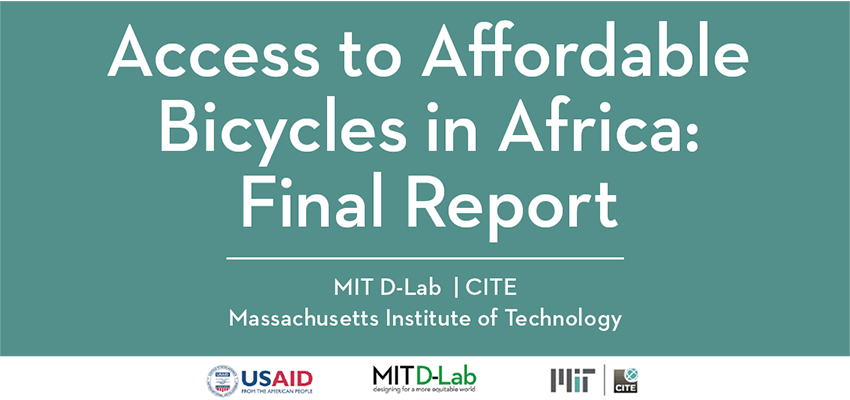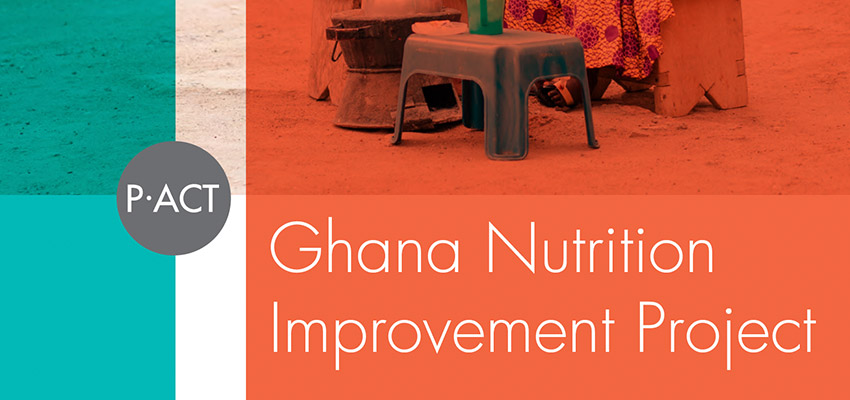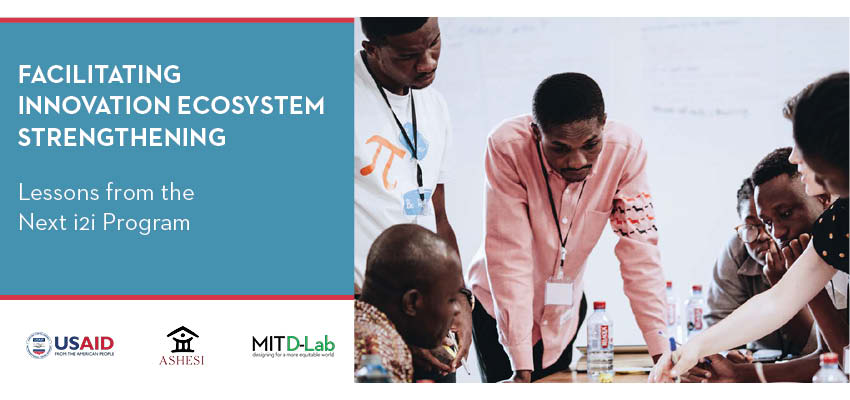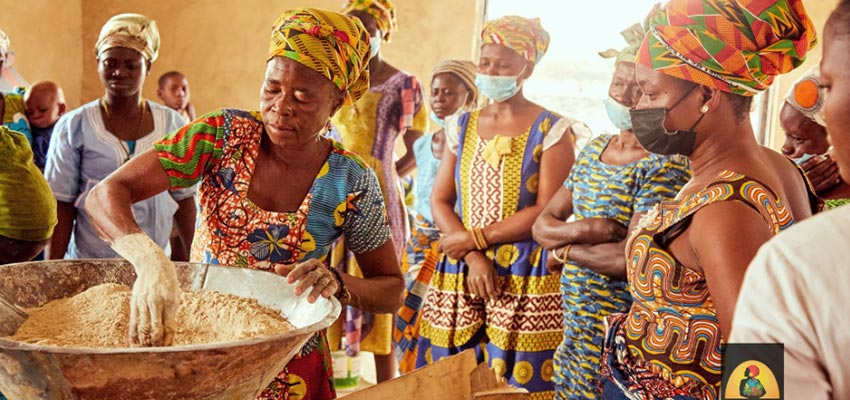
Building a shea nut mill for a women's group (Ayirkasa) in Ghana to produce shea butter more efficiently.
MIT D-Lab Class
Student team
- Abhaya Ravikumar ‘25 - Fourth-year MIT undergraduate student from New York studying Computer Science and Engineering with a minor in Mathematics.
- Divya Rajaraman ‘27 - Second-year MIT undergraduate student from Massachusetts studying Mechanical Engineering (course 2) and Computer Science (course 6).
- Julianne Flusche ‘25 - Fourth-year MIT undergraduate student from New Jersey studying Mathematics (course 18) and Finance (course 15-3).
- Adriana Rivera-Socarrás ‘25 - Fourth-year MIT undergraduate student majoring in Finance (course 15-3) and minoring in Computer Science (course 6).
- Kristen Lee ‘25 - Fourth-year MIT undergraduate student from New Jersey studying Business Analytics (course 15-2) with a concentration in Economics.
- Maya Makarovsky ‘25 - Fourth-year MIT undergraduate from Newton, MA studying Computer Science, Economics & Data Science as well as Business Analytics.
Community partner and team mentor
- Ayirkasa: Freda Pigru
- Caroline Morris, team mentor
Country
Ghana
Problem or opportunity driving the project
Ayirkasa is a women-led Ghanaian social cooperative based in Nandom, Ghana. The cooperative was established to provide safe and reliable income-generating opportunities for women in the region. In traditional Ghanaian culture, women are often expected to support their families financially, which creates challenges for them to achieve economic independence. Many women in Nandom face difficulties finding sustainable work, making Ayirkasa's mission to build a supportive and empowering environment essential for their well-being and growth.
Currently, Ayirkasa comprises approximately 35 women who have united to create a better future for themselves and their families. One of their key initiatives is a savings and loans program, which allows members to borrow from a shared fund while contributing whenever possible. This system provides startup capital for new members interested in joining the collective, fostering inclusivity and financial support. The women meet weekly to share ideas, exchange knowledge, and make collaborative decisions about their future plans, ensuring that every voice is heard and valued in the cooperative.
The main product of the organization’s business is shea butter, which is sold locally as a source of income. However, the production process is labor-intensive and inefficient. To create shea butter, the women collect the nuts and currently walk long distances to access a public grinding mill or rely on manual grinding, which is physically demanding and time-consuming. This incredibly tedious process is not sustainable and the women are looking for a sustainable solution which the whole community can benefit from.
Proposed solution
To address these challenges, the MIT D-Lab team is partnering with Ayirkasa to develop practical and sustainable solutions. One key focus is designing and building a grinding mill that the women can own and operate at their center. The team has already begun prototyping a mill, including components like an auger—a spiral-shaped tool that funnels and pushes materials into grinding plates to produce paste. During the fall semester, the D-Lab team is analyzing the necessary parts for the mill and working on refining their design in preparation for their visit to Ghana.
Next steps
In January 2025, the MIT D-Lab team will travel to Nandom to collaborate directly with the women of Ayirkasa. The goal is to replicate the prototype mill using locally available materials and ensure that it is easy to use and maintain. If we build a shea nut mill for the women of Ayirkasa to own and use in the process of making shea butter, then the women will no longer have to spend time and money on outsourcing the process of grinding shea nuts and as a result will have a self-sustaining shea butter business.
Following the trip, the MIT D-Lab team plans to continue collaborating with and supporting Ayirkasa by offering technical knowledge, monitoring the mill's impact, improving the current designs, and exploring additional opportunities. MIT D-Lab wants to create lasting change for the women of Ayirkasa and their community.
Contact
Libby Hsu, Lecturer; MIT D-Lab Associate Director of Academics


